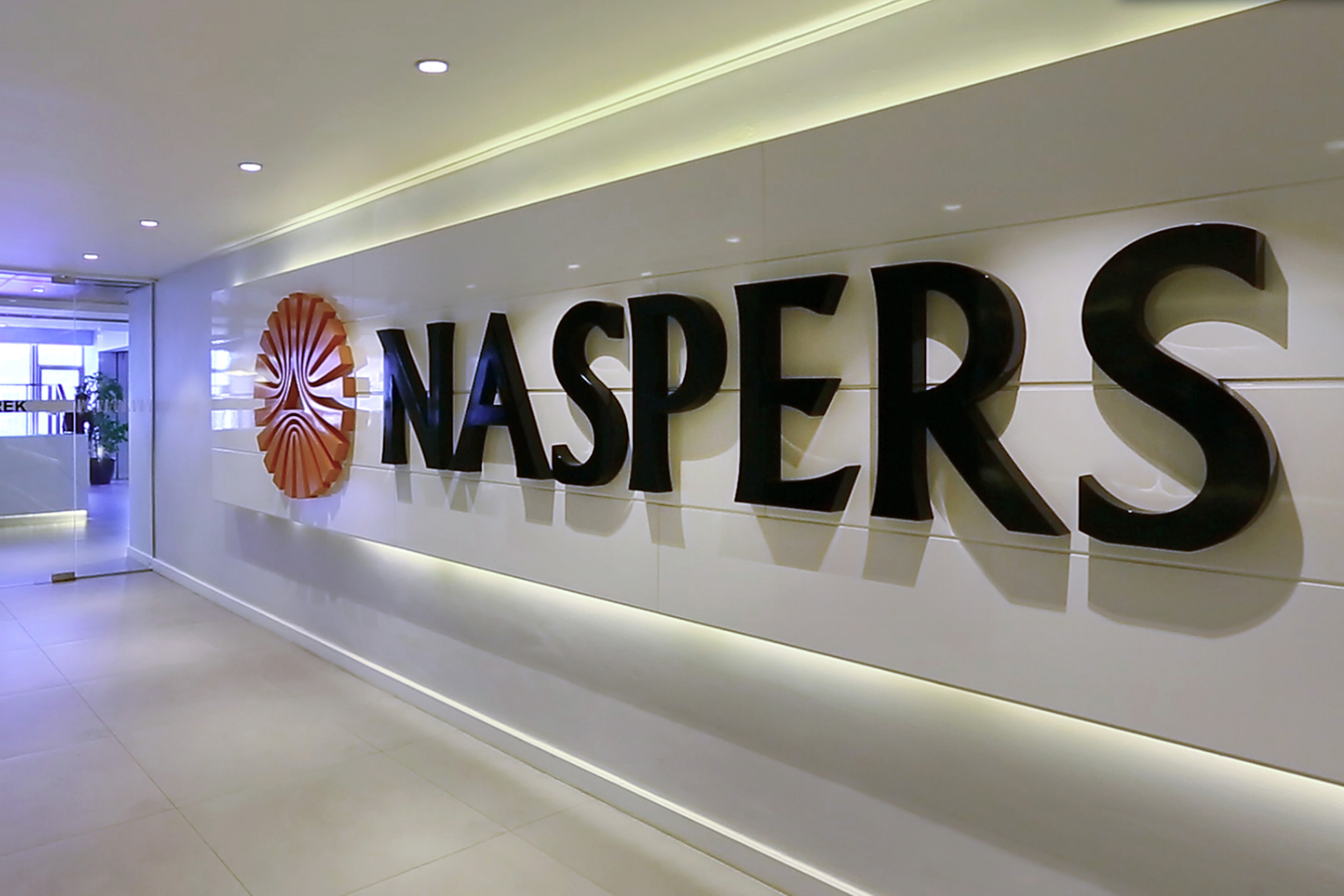Naspers backs rent-to-buy a car firm in R1.8bn deal

Naspers, an early investor in China’s Tencent and still its largest shareholder, is backing rent-to-buy car firm Planet42 in a $100 million debt and equity fund-raising.
The startup, that mainly operates in South Africa where Naspers is based, will use the funds for growth within the country and further expansion in Mexico, Planet42 Chief Executive Officer Eerik Oja said in an interview. The firm, founded in 2017, provides vehicle financing mostly to people who can’t access it from banks.
Other participants in the equity and debt raise include ARS Holdings and Rivonia Road Capital.
“In South Africa, we want to put the pedal to the metal using this new financing to quickly add about 10 000 more cars to the fleet,” he said. “In Mexico we are exploring where best to find customers, and how to switch on dealerships, so it takes time to get the ball rolling, but we have started to test the market and have about 250 cars that side.”
Naspers, which is also the parent company of Prosus, has made eleven investments in South African-focused startups through its Foundry fund. African startups raised a record $5.3 billion last year, according to data compiled by Briter Bridges, a market intelligence company. South Africa pulled a big portion of that, defying a deepening global slump in the technology industry.
This is the second time that Naspers has bought equity in Planet42. The mobility startup has already deployed a fleet of about 15 000 vehicles to low-income earners, such as teachers and police officers, who struggle to access to traditional vehicle financing, Oja said.
Co-founded by Oja and Marten Orgna, Planet42 uses algorithms and data points to asses a potential customer’s risk level and generate an offer to buy a car from a dealership of choice within minutes, said Oja. In South Africa, the firm has almost a thousand car dealerships in its network already, with about 40% of its sales coming directly from the dealerships, he said.
The plan to move into Mexico next, came after Oja and his partners looked into markets such as Nigeria and Brazil and decided that the North American country had the most similarities to the South African market.
“It’s very similar to South Africa in terms of income and a car penetration and development or lack there of, of financial services,” Oja said. “Plus public transportation there is slow, unreliable and dangerous, opening up a big market opportunity.”

